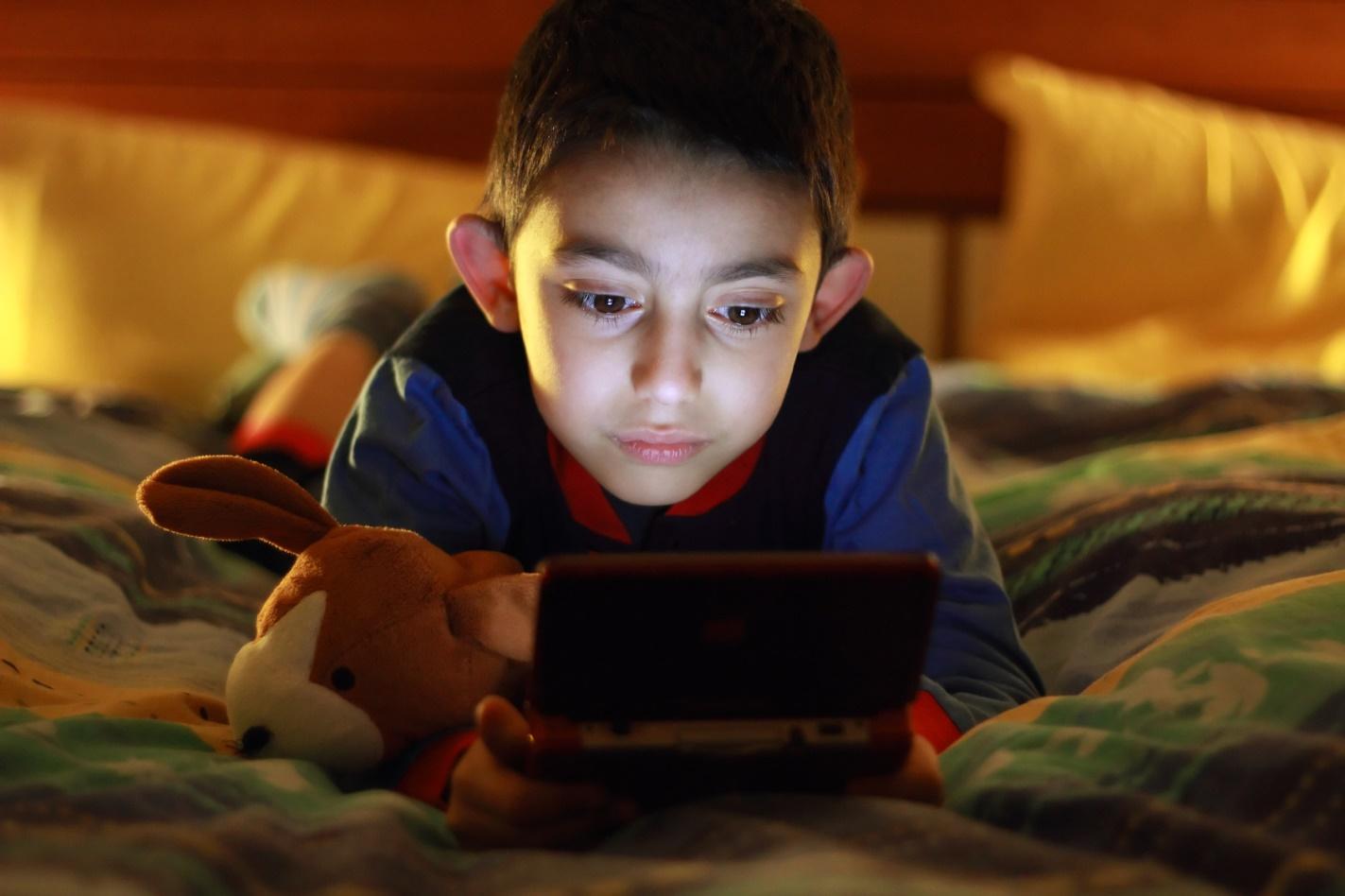Don’t Hold It In: Talk About Tinkling with Your Kids
Whatever your family calls it—“piddles,” “wee,” “doing your business,” or just “going pee”—talking to kids about regular urination is important, especially if your child is showing signs of possible bladder control problems.
Issues like bedwetting, urgency, and needing to go frequently can cause worry and anxiety in kids, and, in some cases, urination problems can be brought on by anxiety. Thankfully these issues are temporary most of the time. Let’s look at some common urination problems in kids and what they could indicate.
Urgency and Frequency
Needing to go frequently is quite common in young children. Children can easily get distracted and may not fully empty their bladder. This will make them feel the urge to go much more frequently. A common issue is frequency does not necessarily indicate a urinary problem. However, if your little one needs to go every 10 minutes and experiences an urgent need to go, or the frequency is accompanied by other signs, like burning during urination, blood in the urine, or dark, foul smelling urine, it’s time for a trip to the pediatrician.
Bedwetting
Wetting the bed at night is more common in boys than in girls. It affects 5 to 7 million kids in the U.S. and is usually defined by wetting the bed least 1-2 times per week for a period of three months or more in children aged 5 and above.1 Most kids will stop bedwetting by age 11.1
Bedwetting can be caused by a number of factors, including:
- Overactive bladder (OAB)
- Genetics (which can contribute to involuntary urination, called enuresis)
- Reduced production of the antidiuretic hormone (which slows the production of urine at night)
- Anxiety
- Sleep apnea (which can prevent children from getting up at night to go)
See your pediatrician if you’re concerned about an underlying condition. Usually, bedwetting will resolve on its own without the need for medical intervention. If you are concerned that your child is getting older and continues to wet the bed, consult your pediatrician about the possibility of behavioral modification, bladder conditioning, or medications.
Burning with Urination
This is almost always caused by a urinary tract infection, especially if it is accompanied by other symptoms like fever, frequent and urgent need to go, strong or bad-smelling urine, belly pain, pain in the lower back, vomiting, or sudden daytime wetting.
In girls, irritation to the opening of the urethra or vulva from products like soaps, shampoos, and bubble baths can cause a burning sensation; in boys, irritation at the opening of the penis can cause a burning sensation. A UTI can be treated with antibiotics and home care.
Daytime Wetting
Affecting around 1 in 75 children over age 5, daytime wetting is more common in girls and can lead to anxiety as well as teasing and bullying by other kids, so it’s important to talk to your child if he or she is having this problem.
In young children (under age 5) daytime wetting can be caused by common childhood illnesses, changes in routine (as from moving to a new home or starting preschool), or simply forgetting to use the toilet when engaged in activities. In kids of all ages, being constipated can put pressure on the bladder, causing leakage. Having a UTI, not emptying the bladder completely, and overactive bladder can also cause daytime wetting, as can anxiety about access to a toilet and emotional upsets. Talk to your pediatrician if the problem persists.

Talk to Your Kids Openly
Not being able to go, feeling a sense of urgency or needing to go frequently, wetting the bed, and other problems can make kids feel embarrassed and ashamed, especially if they’re older. They may be reluctant to talk about the problem—reassure them that they won’t be judged or criticized for potty problems.
Do your research so you understand what’s normal and what’s not (remember that young kids, especially, are still growing and developing the muscles that help them control urine flow), remind them to stay hydrated to avoid UTIs, and head to the doc’s office if you see signs of infection or anxiety troubling your child.
Moms, make sure your pelvic health is in order, too. The PeriCoach pelvic floor exerciser is an innovative bladder biofeedback device that helps strengthen the muscles of the pelvic floor to help you avoid, reduce, or even eliminate stubborn bladder leakage. Learn more about how PeriCoach works and about urinary incontinence (UI)—a common problem for women.
Source


